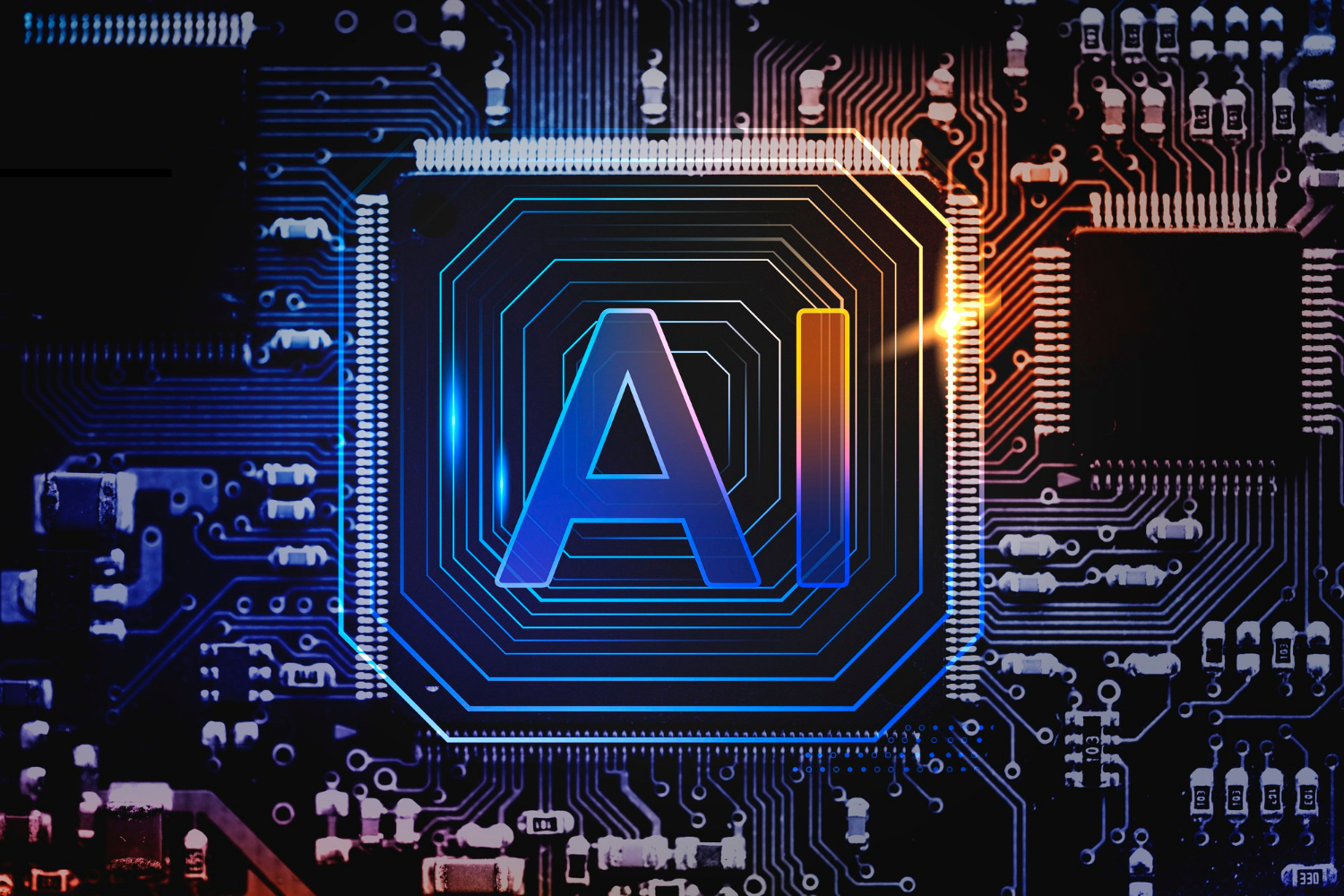Introduction
In the ever-evolving realm of technology, there is a collective effort to avoid repeating the mistakes of the past. As artificial intelligence (AI) continues to shape various industries, stakeholders including AI researchers, lawmakers, and venture capitalists (VCs) are actively learning from the blunders of the tech industry’s history. In this article, we will delve into the collaborative endeavors of the AI community, policymakers, and investors to build a better future by integrating the lessons learned from past failures.
Reflecting on Past Tech Industry Failures
Identifying Key Mistakes
The tech industry has witnessed significant missteps in its journey. From privacy breaches to ethical controversies, there are valuable lessons to be gleaned from these failures. By examining historical blunders, the AI community aims to identify areas where caution and proactive measures are needed to prevent the recurrence of similar mistakes.
Embracing Responsibility and Accountability
Acknowledging past shortcomings, stakeholders are committed to embracing responsibility and accountability in the development and deployment of AI technologies. This involves ethical considerations, transparency in decision-making processes, and addressing potential biases or unintended consequences that may arise from AI systems. The focus is on building a future where technology aligns with societal values and promotes the well-being of individuals and communities.
The Role of Policymakers in Guiding AI Development
Establishing Ethical and Legal Frameworks
Policymakers recognize the need for regulatory frameworks that govern the ethical and responsible use of AI. Learning from the challenges faced by the tech industry, lawmakers aim to strike a balance between fostering innovation and safeguarding public interests. These frameworks address issues such as data privacy, algorithmic transparency, and accountability, ensuring that AI technologies are developed and utilized in a manner that benefits society while mitigating potential risks.
Collaborative Efforts for Effective Regulations
Given the global nature of technology, policymakers are collaborating across borders to establish harmonized regulations and standards. International cooperation allows for the exchange of knowledge, experiences, and best practices in AI governance. By working together, policymakers seek to create a regulatory environment that promotes innovation, protects fundamental rights, and addresses the concerns raised by AI’s societal impact.
Responsible Investment and Ethical Considerations
Ethical Guidelines for Venture Capitalists
Venture capitalists play a pivotal role in shaping the AI landscape through their investments. Drawing lessons from past failures, responsible VCs are incorporating ethical considerations into their investment strategies. They evaluate the potential social impact and ethical implications of AI startups before providing financial support. By investing in companies that prioritize transparency, fairness, and ethical practices, VCs contribute to the development of a responsible AI ecosystem.
Nurturing Ethical AI Startups
VCs actively seek out and support startups that demonstrate a commitment to ethical AI practices. They provide funding, mentorship, and guidance to these companies, fostering a culture of responsibility and innovation. By supporting ethical AI startups, VCs contribute to the growth of a vibrant ecosystem where technological advancements align with societal values and address real-world challenges.
Conclusion
The AI community, lawmakers, and venture capitalists are determined to learn from the tech industry’s past blunders. By reflecting on historical failures, establishing ethical frameworks, and investing responsibly, stakeholders aim to shape a better future for AI. Embracing responsibility, transparency, and accountability in AI development and deployment will lead us towards a future where technology serves as a force for good. Together, we can build a future that avoids the mistakes of the past and harnesses the potential of AI to enhance human well-being and drive societal progress.











